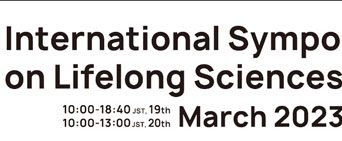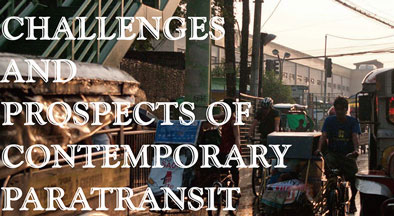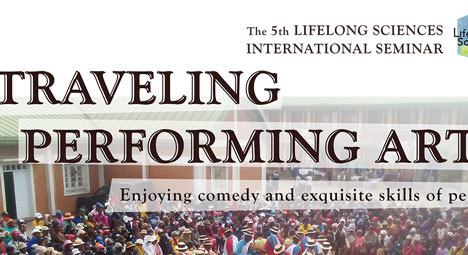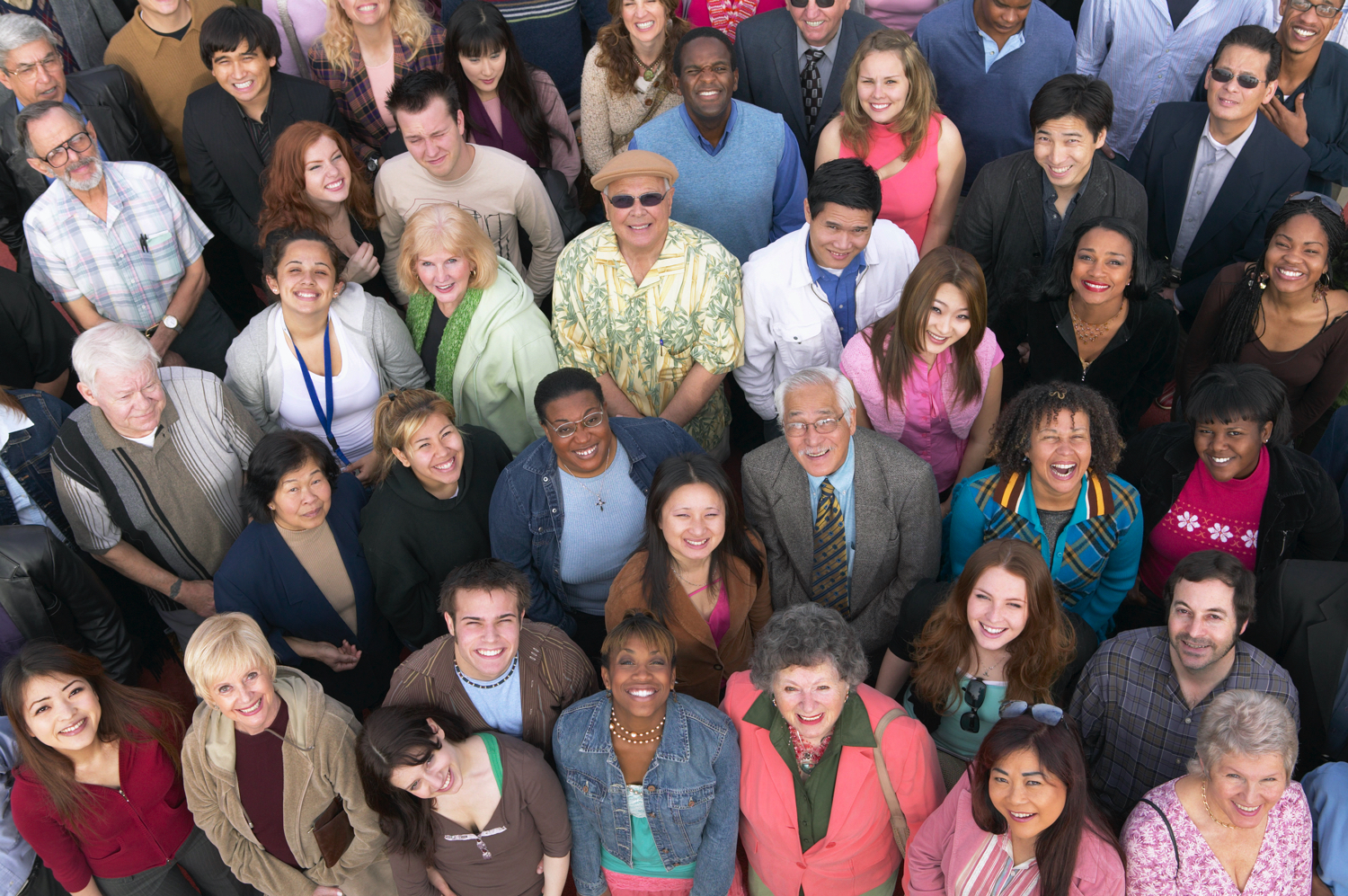
生涯学の創出-超高齢社会における発達・加齢観の刷新
Lifelong sciences: Reconceptualization of development and aging in the super aging society
Aim of research area
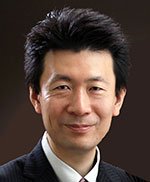 The purpose of this research project is to reconceptualize a human lifetime as a series of complex processes by interactions with the surrounding social values and social relationship (see Figure 1), and to propose the contemporary view of development and aging by replacing the traditional view of “growing to declining”.
The purpose of this research project is to reconceptualize a human lifetime as a series of complex processes by interactions with the surrounding social values and social relationship (see Figure 1), and to propose the contemporary view of development and aging by replacing the traditional view of “growing to declining”.
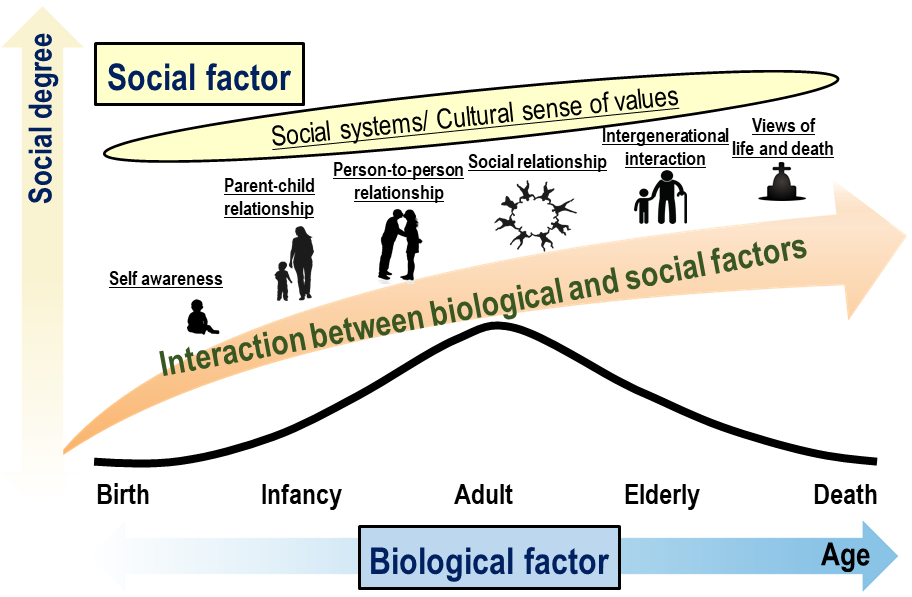
To tackle this issue, we employ the multidisciplinary approach, which includes the fundamental research of cognitive psychology, physiological psychology, clinical psychology, sociology, cultural anthropology, and the practical research of pedagogy. With the integration of these research areas, we would like to provide scientific evidence to realize comfortable lives in all generations, and to make a new program of lifelong learning using the results of fundamental research.(Takashi Tsukiura, Project leader of Lifelong Sciences, Graduate School of Human and Environmental Studies, Kyoto University)
Planned research
A01 Perception and Cognition Group (Cognitive Psychology)
Reconceptualization of Perceptual and Cognitive Aging
A02 Cognitive and Social Neuroscience
(Physiological Psychology)
Plasticity of Memory in the Aging Brain
A03 Clinical Psychology
(Clinical Psychology)
Roles of Reserve in Cognitive Functions
B01 Elderly Social Participation
(Sociology)
What are the conditions for the social participation of the elderly?
B02 Well-being
(Sociology)
What type of support enhances well-being?
C01 Tacit Knowledge
(Cultural Anthropology)
Skill Acquisition and Pluralistic View of Development
C02 Humans-Things
(Cultural Anthropology)
Human Life with Things
D01 Adult and Community Education
(Pedagogy)
Social Implementation of a New View of “Life”
Administrative
Research coordination and management

